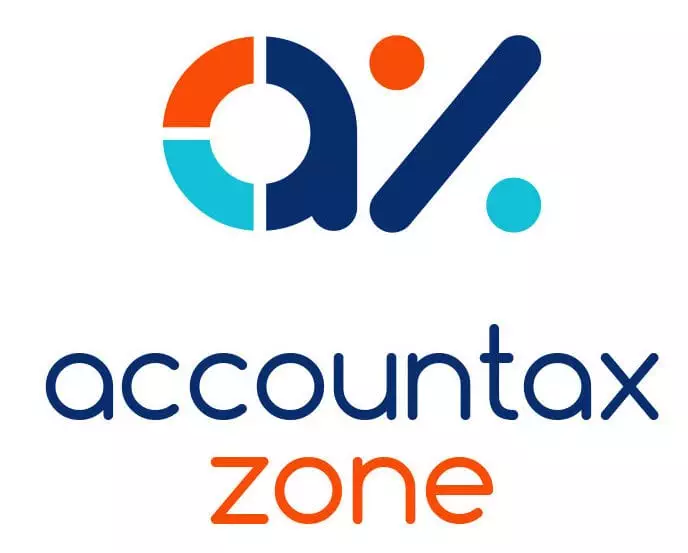The favourable tax rules that apply to furnished holiday lettings (FHL) come to an end on 5 April 2025. For many landlords, this may be the time that they decide to bring their FHL business to an end and sell up.
One of the main benefits of the existing FHL regime is the ability to access Business Asset Disposal Relief (BADR) on the disposal of business assets following the cessation of the business. Currently, the capital gains tax rate where BADR applies is 10%, compared to a rate of 24% for residential property gains once income and gains exceed the basic rate band.
Where a FHL business ceases on or before 5 April 2025, BADR will remain available where the properties are disposed of within three years of the cessation date.
Landlords letting furnished holiday accommodation who are thinking of ceasing their holiday letting business are advised to do so before 6 April 2025 to preserve availability to BADR. Moving to the new regime and then deciding to sell up may be very costly, particularly if the properties have been owned for some time and are pregnant with gains as the gains will be taxed at residential rates rather than the favourable rates that apply where BADR is available.
Favourable rates
The favourable rates of BADR apply to qualifying gains up to the individual’s lifetime limit. This is set at £1 million. It should be noted that a single limit applies to all gains qualifying for BADR – there is no separate limit for FHLs. However, on the plus side, spouses and civil partners have their limits.
Where gains qualifying for BADR are realised before 6 April 2025, they are taxed at 10%. This is 14% less than the rate applying to residential gains where income and gains exceed the basic rate band. Landlords looking to bring their FHL business to an end and sell their properties will be able to benefit from the 10% rate if they dispose of them before the end of the current tax year.
If a disposal in 2024/25 is not feasible, as long as the FHL business ceases before 6 April 2025, BADR will be available as long as the property sales are complete within three years of the date of cessation. Again, the sooner the properties are sold the better. Gains benefitting from BADR on properties sold in 2025/26 will be taxed at 14% as long as they are within the lifetime limit. If the sale is delayed to 6 April 2026 or beyond, the rate rises to 18% where BADR is available.
Landlords keen to benefit from the favourable rates while on offer need to cease their FHL business before 6 April 2025 and sell their properties as soon as possible, and in any event within three years of the date on which their business ceased.
Additional Considerations for Landlords
To ensure the best possible outcome, landlords must not only act promptly but also carefully plan their financial and legal strategy surrounding the cessation of their FHL business. Here are some key areas to consider:
Timing of Cessation
Landlords should aim to have a clear and documented cessation date for their FHL business. This ensures there is no ambiguity when making claims for BADR. The cessation date is critical for determining the three-year window for property disposals.
Compliance with BADR Rules
Meeting the eligibility criteria for BADR is essential. This includes ensuring that the property qualifies as a business asset under HMRC guidelines and that the cessation of the FHL business is properly recorded. Failure to meet these criteria could disqualify the gains from BADR and result in higher tax liabilities.
Professional Advice
Given the complexity of the tax rules surrounding FHLs and BADR, seeking advice from a tax specialist is highly recommended. A professional can guide landlords through the requirements, ensure compliance, and help maximise the tax savings available.
Exploring Alternative Options
If selling the property before 6 April 2025 is not feasible, landlords may want to consider alternative ways to optimise their tax position. This could include restructuring ownership, using trusts, or exploring other tax reliefs that might be available. However, these strategies often require careful planning and professional guidance.
You might also like to read: Beware of the lifetime limit when claiming BADR on the sale of the FHL
Practical Steps to Maximise Benefits
- Review Current Portfolio: Assess which properties are eligible for BADR and estimate the potential gains and tax liabilities.
- Document Business Cessation: Ensure all activities related to the FHL business are formally wound down and documented before 6 April 2025.
- Initiate Property Sales Early: Begin the sales process as soon as possible to avoid delays. Engage with estate agents, solicitors, and potential buyers promptly.
- Track Lifetime Limit Usage: Monitor how much of the £1 million lifetime limit has been used to ensure future gains also benefit from BADR.
By following these steps and acting before the deadline, landlords can optimise their tax position and secure the benefits of BADR before the favourable regime ends.
Partner note:










